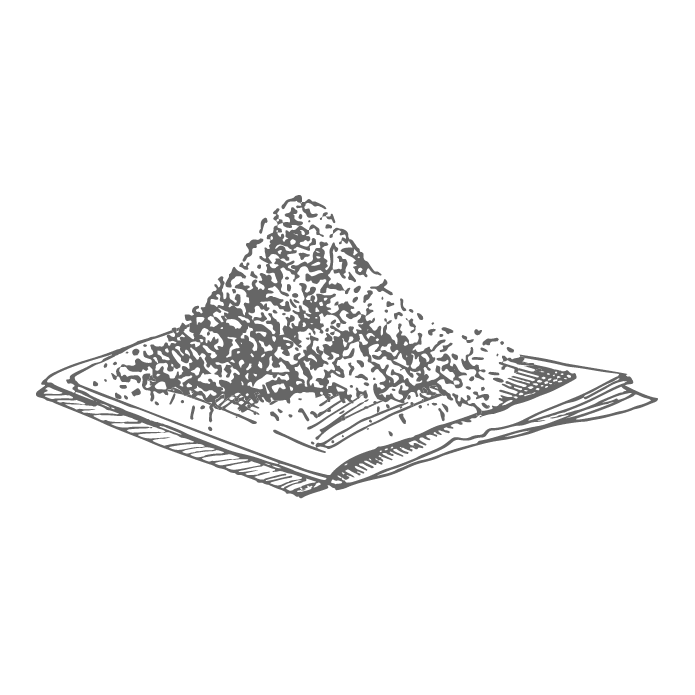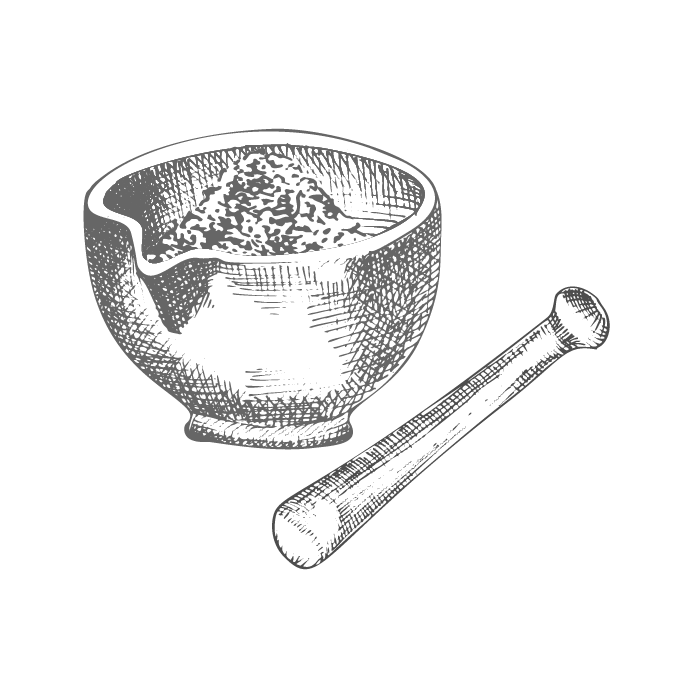CONDITIONS AFFECTING MOVEMENT
There are many things that can affect our ability to move freely. Often difficulties with movement are associated with neurological conditions, including chronic pain. Chinese Medicine takes a holistic approach, viewing all parts of the body as connected and recognises the effects of things like stress, emotions, lifestyle etc on the body and how these things relate to disease. In a typical session with your Chinese Medicine Practitioner, you will be asked lots of questions relating to all aspects of your health before receiving your treatment. Treatments may include manual modalities (such as acupuncture or cupping) and/or herbal prescriptions. The aim of these sessions will be to eliminate any qi (energy) stagnation which is a leading cause of pain/voluntary movement difficulty and return balance to your body and its organs.
More research is emerging to explore the effects of acupuncture on the nervous system(Li et al., 2013). By stimulating local nerves, distal nerves, and cranial nerves we hope to help you improve your circulation and internal harmony to address your pain and mobility issues. Our longest-standing associate practitioner, Dr Eve (TCM) has a passion for the conditions outlined below and hopes to see you in the Rebalance Clinic soon!
Your condition isn’t listed? Don’t worry! If you have any other Neurological conditions, we would love to see you! Give us a call to discuss your treatment options with us.
Parkinson’s disease is a neurodegenerative disorder which is characterised by motor symptoms such as tremors at rest, postural disturbances, muscle rigidity and/or bradykinesia where a patient may have slowed movements or frequent halting to their movements. Parkinson’s is generally considered an age-related disease and most commonly affects people over the age of 65. The exact causes of Parkinson’s are still debated in the medical and scientific community.
As stated on the Shake It Up Australia Foundation website, Parkinson’s disease is the second most prevalent neurological disease in Australia with approximately 38 people diagnosed every day (About Parkinson’s, 2019)
There are multiple syndromes from a Chinese Medicine perspective that can contribute to Parkinson’s symptoms. Treatment modalities often used in clinics like Rebalance include acupuncture and Chinese herbal medicine. Each patient and their signs and symptoms are different, so it is important to let everyone on your healthcare team know the different treatments you are accessing.
You can read more on our Parkinson’s blog here: https://www.rebalancetcm.com/parkinsons-disease/
There are two main kinds of stroke – ischemic and haemorrhagic. Every stroke is different and people working on recovery after a stroke can have a variety of symptoms including (but not limited to); communication difficulties, mood changes and of course decreased mobility. As varied as stroke recovery symptoms are, so too are the timelines and severity. Some may have symptoms that lessen in severity fairly quickly while others may require lots of therapies and time to see improvements.
As stated on the Stroke Foundation Australia website, there was, on average, one stroke every 19 minutes in Australians who hadn’t experienced a stroke previously (Top 10 Facts about Stroke, 2023).
There are multiple syndromes from a Chinese Medicine perspective that can contribute to strokes. Treatment modalities often used in clinics like Rebalance include acupuncture and Chinese herbal medicine. Each patient and their signs and symptoms are different, so it is important to let everyone on your healthcare team know the different treatments you are accessing.
Multiple Sclerosis (MS) effects the way the brain communicates with other parts of the body through the central nervous system. If the brain cannot effectively and efficiently tell the body what to do, some of the body’s functions may be impacted. The severity of MS can vary wildly as some patients develop very mild symptoms while other experience moderate impairment to the worst cases which can stop patients from being able to walk, talk or write.
As stated on the MS Australia website, there are over 33,300 people with MS in Australia and is the leading acquired neurological disease among young adults (What Is Multiple Sclerosis (MS), 2022)
There are multiple syndromes from a Chinese Medicine perspective that can contribute to MS symptoms. Treatment modalities often used in clinics like Rebalance include acupuncture and Chinese herbal medicine. Each patient and their signs and symptoms are different, so it is important to let everyone on your healthcare team know the different treatments you are accessing.
You can read more on our MS blog here: https://www.rebalancetcm.com/multiple-sclerosis/
About Parkinson’s. (2019). Shake It Up Australia Foundation. https://shakeitup.org.au/understanding-parkinsons/
Li, Q.-Q., Shi, G.-X., Xu, Q., Wang, J., Liu, C.-Z., & Wang, L.-P. (2013). Acupuncture Effect and Central Autonomic Regulation. Evidence-Based Complementary and Alternative Medicine : ECAM, 2013, 267959. https://doi.org/10.1155/2013/267959
Top 10 facts about stroke. (2023). Stroke Foundation – Australia. https://strokefoundation.org.au/about-stroke/learn/facts-and-figures
What is Multiple Sclerosis (MS). (2022). MS Australia. https://www.msaustralia.org.au/what-is-multiple-sclerosis-ms/



